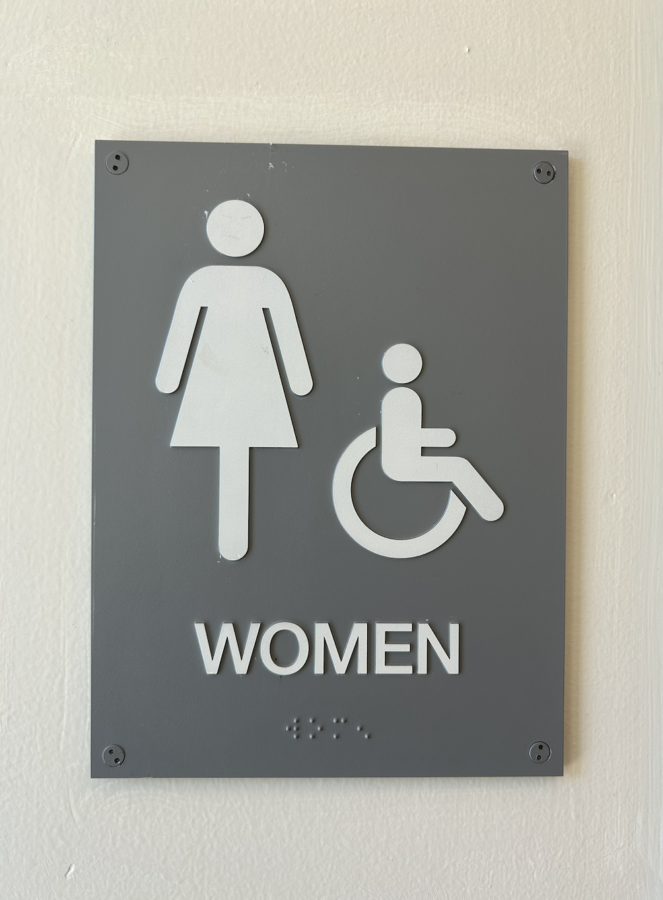SONOMA, CA — Wildfires struck Northern California with unstoppable force last month. Due to these fires, the air quality in the Bay Area has depleted and affects residents’ health.
Air quality is important for good health, whether one has a chronic illness or is completely healthy. The air people breathe helps their body function to the best of its abilities.
The air’s quality depends on what it is comprised of. Normally it contains “approximately 78% nitrogen, 21% oxygen, and 1% of other gases,” registered nurse Maya Chang, from Kaiser Permanente, defines.
Air quality changes daily depending on the amount of pollution that enters the air. Unfortunately, the changes in air quality can directly affect the health of the people breathing it.
“Depending on the type of particulate matter in the air… Like what happened with the wildfires… there was a lot of ash and smoke and everything that was burning; all the toxins were getting released in the air,” Heidi Flaig, the school nurse, clarifies.
Those who have pre-existing health issues–such as heart conditions and asthma–become even more sensitive to the changes in air quality. By breathing in the poor air, people’s’ lungs are at risk for multiple short-term effects.
“Those with existing conditions can become really sick. Air quality can really affect their health negatively. Short-term effects can be congestion. You can feel it in your throat. It can irritate your nose, lungs, and eyes. You can get sick, have headaches, and have difficulty breathing,” Flaig lists.
Along with short-term effects, the prolonged exposure to these conditions can lead to long-term effects, and in severe cases, cause diseases.
“There have been studies done in other countries where they have had poor air quality for a long time… it can affect life expectancy, can be linked to cancer and heart disease,” Flaig describes.
Unfortunately, there are few ways to protect oneself from damaging particles in the air. Most of these particles are so small that covering one’s mouth or nose with a bandana, cloth, or towel is just not enough protection.
“Help protect your lungs by avoiding smoke as much as possible. Keep doors and windows closed… If using a mask, please make sure it is an N95 respirator mask,” Chang states.
An N95 mask contains a very fine filter that removes small particles from smoke or other hazardous gases. It is one of the few masks that provides protection against harmful particulate matter.
The Western region of the United States has a part of the year known as Wildfire Season, and the main reason for the increase in wildfires is climate change.
“As the climate warms, moisture and precipitation levels are changing, with wet areas becoming wetter and dry areas becoming drier… dry conditions also increase the likelihood that, once wildfires are started… they will be more intense and long-burning,” the Union of Concerned Scientists explains.
Wildfires are one of the hardest natural disasters to contain and can create a long-term unsuitable environment for healthy human life.
When these fires come around the best thing to do is to is, “stay inside… escape out of the area,” and, “hang in there!” Chang comments.




